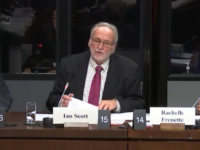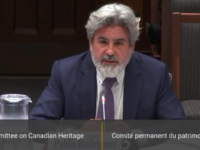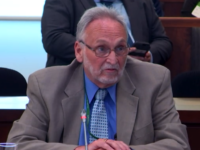The widespread concern over Bill C-11 has largely focused on the potential CRTC regulation of user content. Despite repeated assurances from the government that “users are out, platforms are in”, the reality is that the bill kept the door open to regulating such content. The language in the bill is clear: Section 4.2 grants the CRTC the power to establish regulations on programs (which includes audio and audiovisual content by users). The provision identifies three considerations for the Commission, most notably if the program “directly or indirectly generates revenues.” The revenue generation provision is what led many digital creators to argue they were caught by the bill and for TikTok to conclude that any video with music would also fall within the ambit of the legislation.
The Senate Standing Committee on Transport and Communications, which has conducted months of hearings on Bill C-11, was clearly convinced that the user content issue needed to be addressed. Last night (hours after the ill-advised addition of age verification to the bill), it agreed on an amendment that, with two key caveats, goes a long way to scoping out user content regulation.











